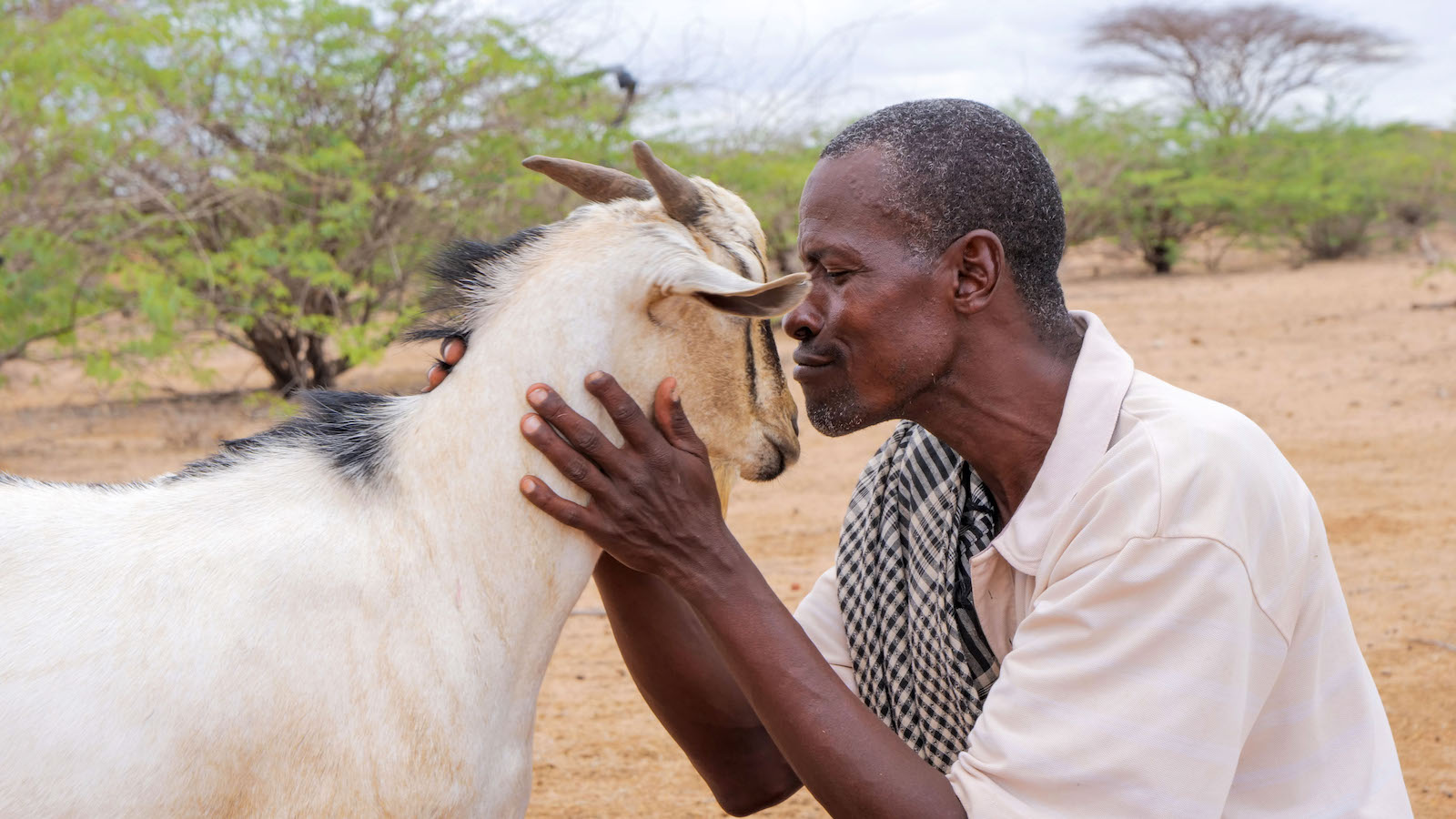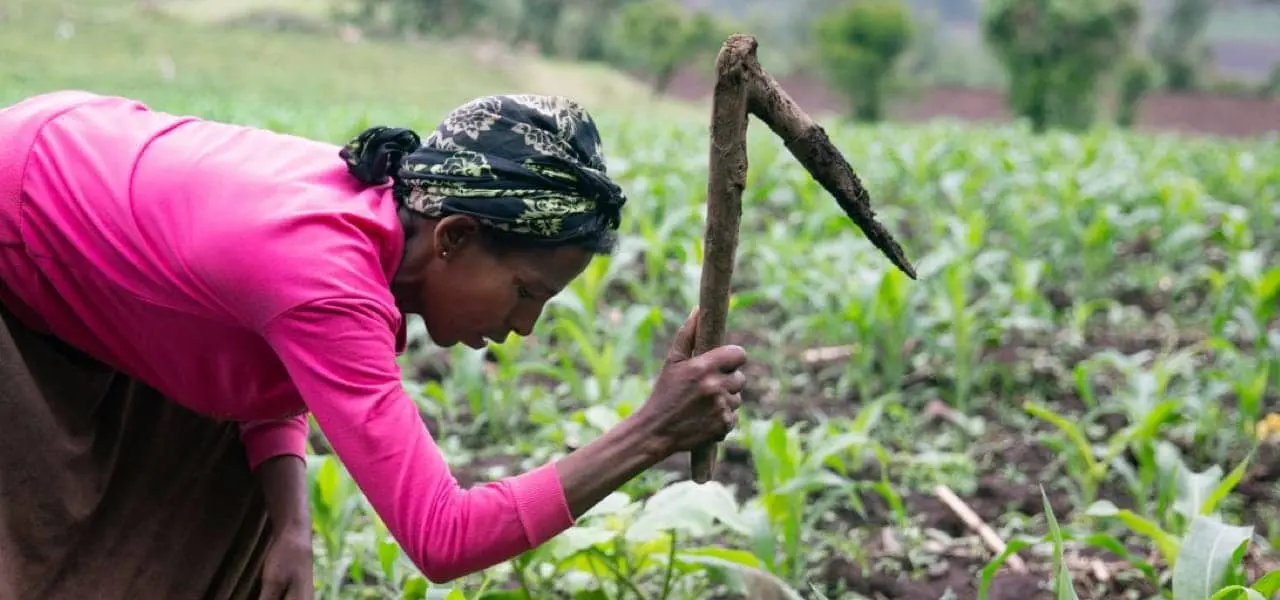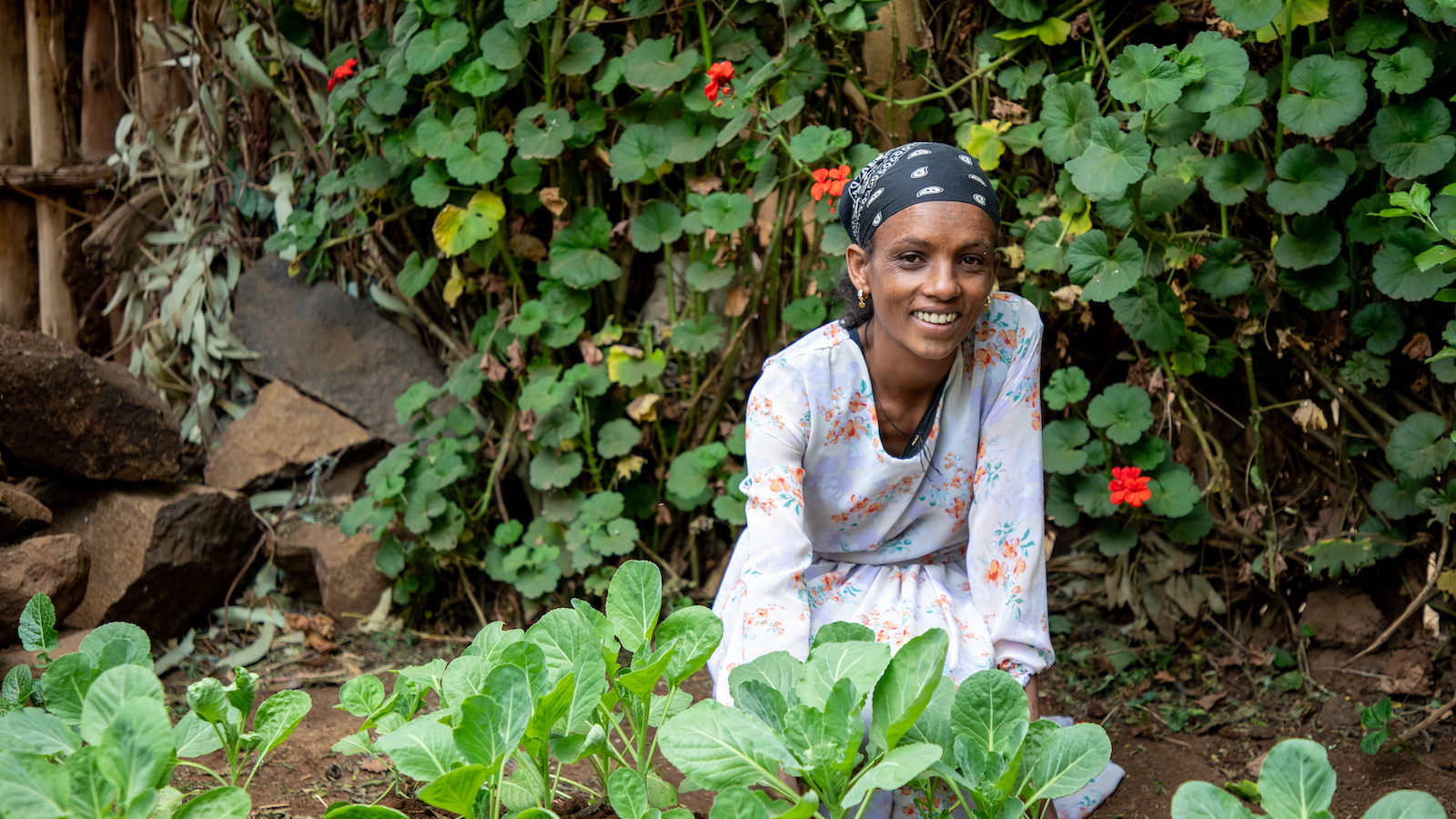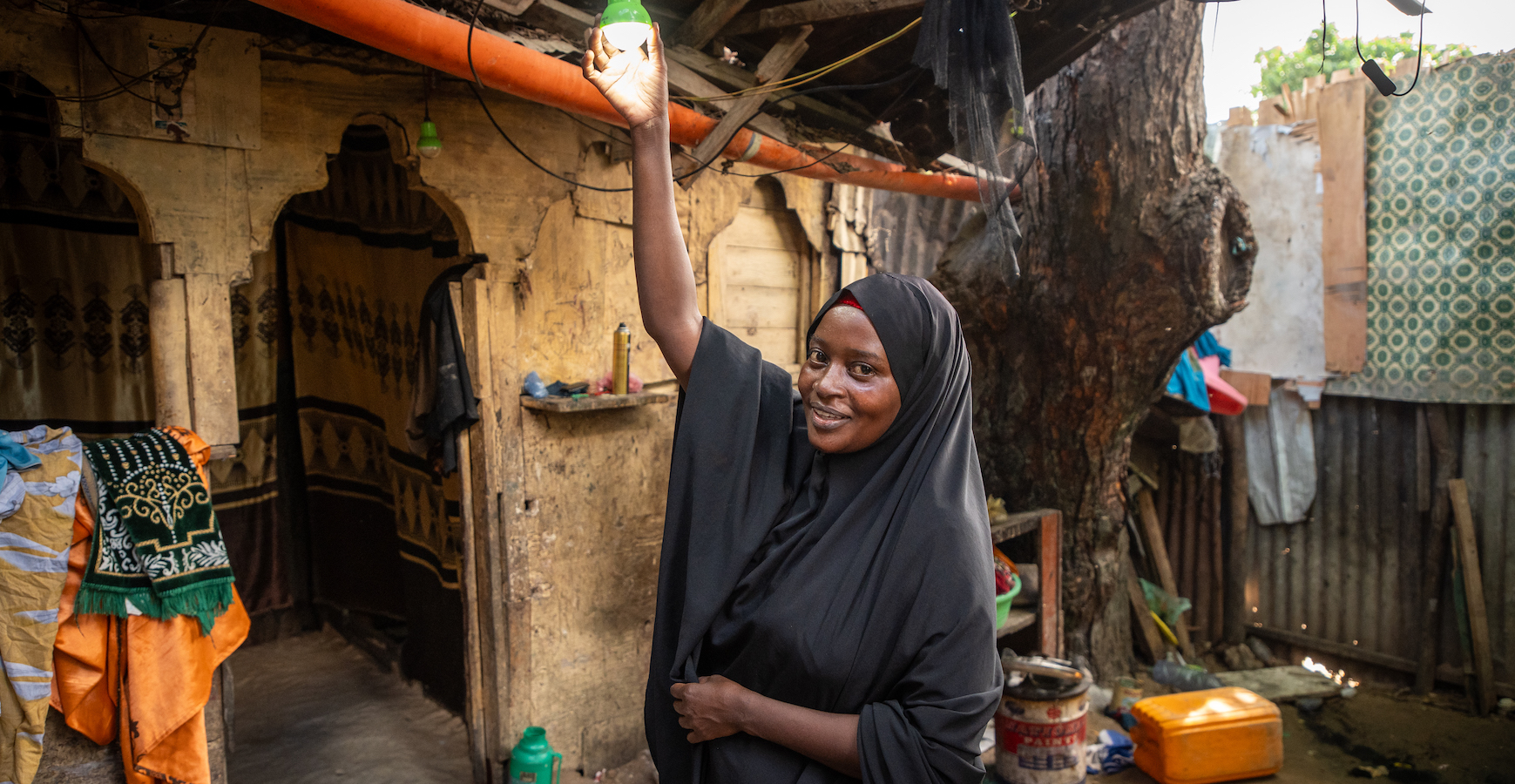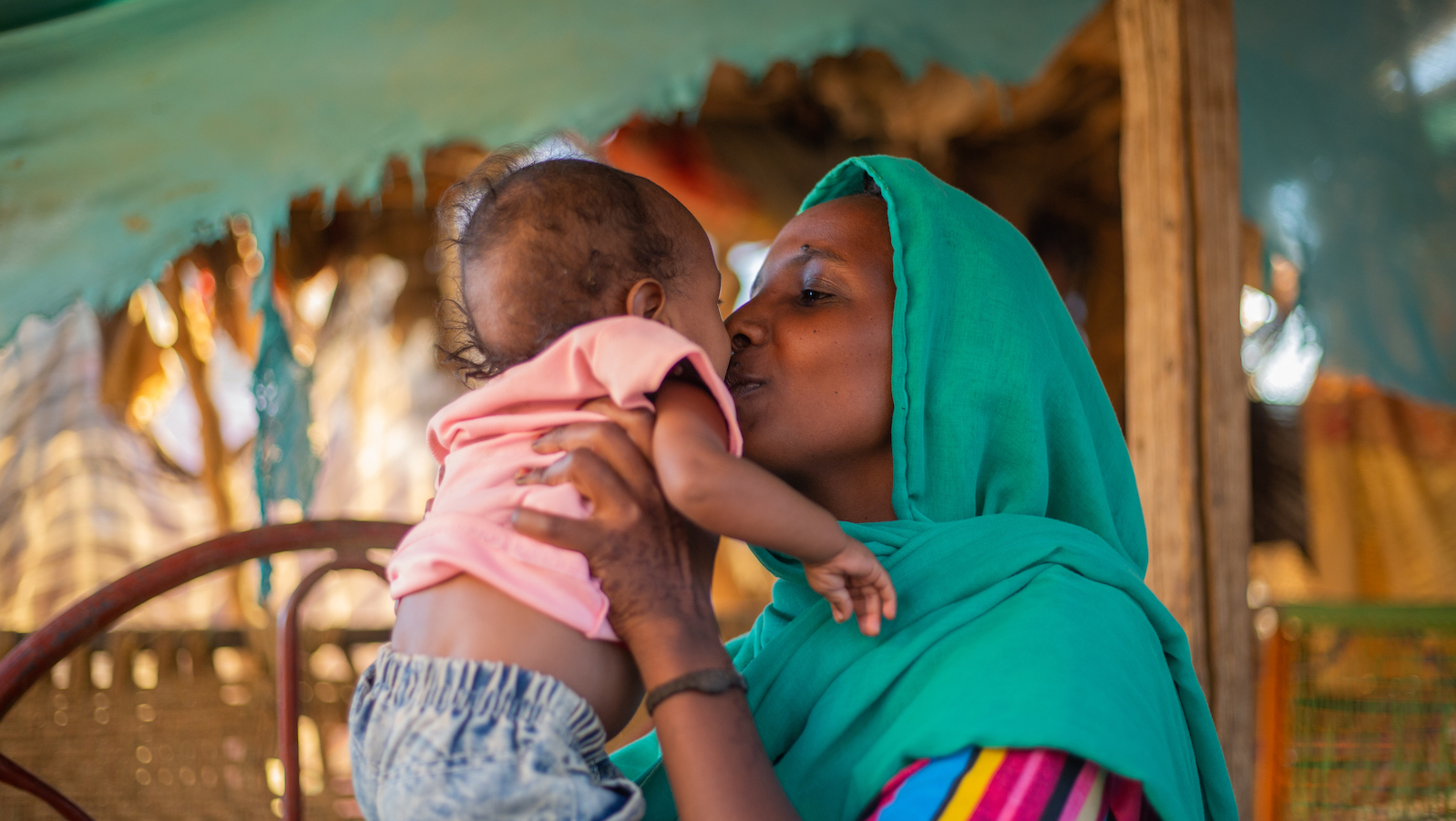Country stats
- Capital: Nairobi
- Population: 55.1 million
- Percentage of rural Kenyans living below the poverty line: 68%
Concern’s response
- Kenya program launched: 2002
- Program areas: Education, Emergency Response, Health & Nutrition, Livelihoods
Why are we in Kenya?
While Kenya has one of the fastest growing economies in Africa, it is also facing the dual challenge of rising poverty rates and the consequences of the climate crisis. Concern’s work in Kenya is designed to build resilience in the face of climate and economic shocks through integrated and innovative programs.
Kenya is facing several challenges in its fight against poverty
In the the last decade, Kenya has lost many of the gains it made in eradicating poverty since the start of the century. While some progress has been made since 2020, rates are still higher now than they were ten years ago.
We see this especially in rural areas, where over 68% of people are currently experiencing poverty. These areas were also recently hit hard by the worst drought in Kenya in 40 years, with many families still recovering from the related losses. At the same time, inequality in urban areas is increasing. In Nairobi, poverty is highly concentrated in the informal settlements, with nearly 33% of its residents living below the poverty line.
Concern is working to address these challenges by addressing climate change, humanitarian issues, and peacebuilding processes.
Latest achievements
Education
In 2023, with funding from Datatec and Greendale, we helped nearly 700 students across nine junior secondary schools in Marsabit County to improve their skills, competency, and attitude towards STEM subjects.
Climate Smart Agriculture
Our Climate Smart Agriculture program has continued to work with small-scale farmers to enhance their production capacities. Despite the persistent drought throughout 2023, 12,629 families practiced climate smart agriculture on 6,138 acres of land.
Health & nutrition
We screened over 25,000 children under five using the family MUAC approach. Concern also continued to support the Baby Friendly Community Initiative (BFCI) to support, protect, and promote optimal maternal, infant, and young child feeding practices.
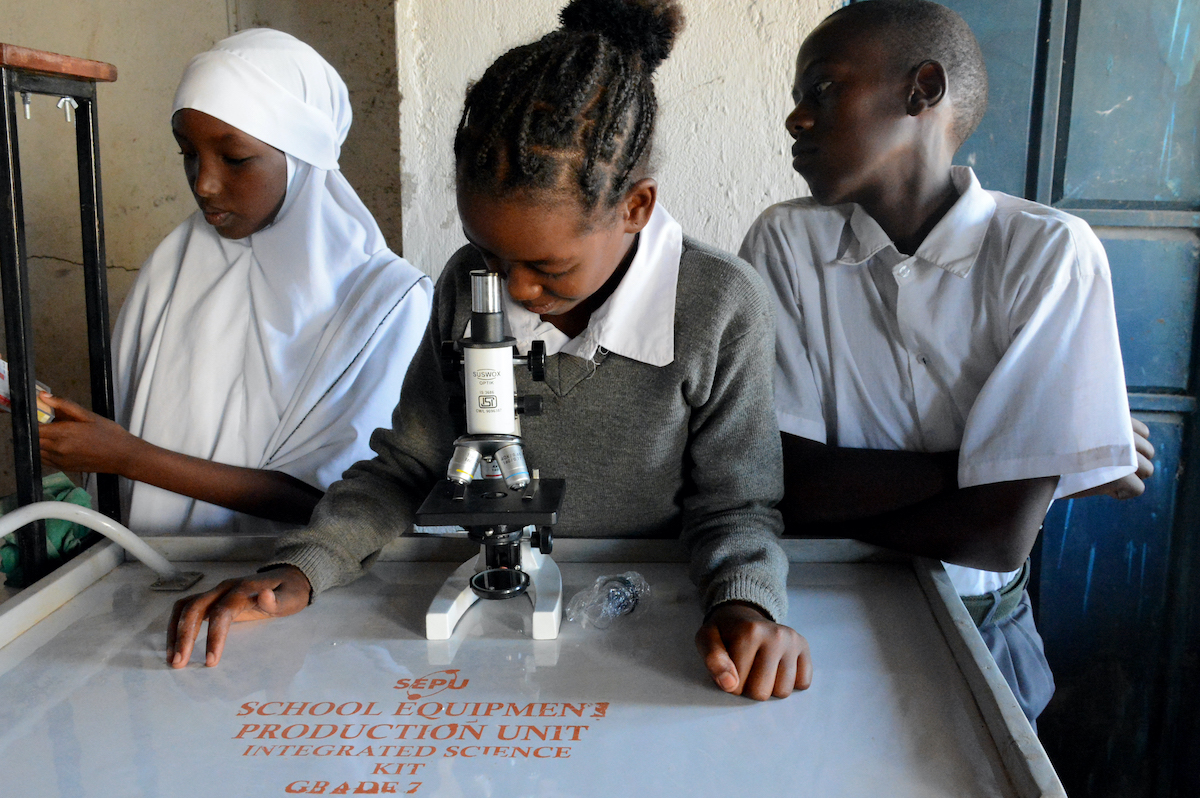
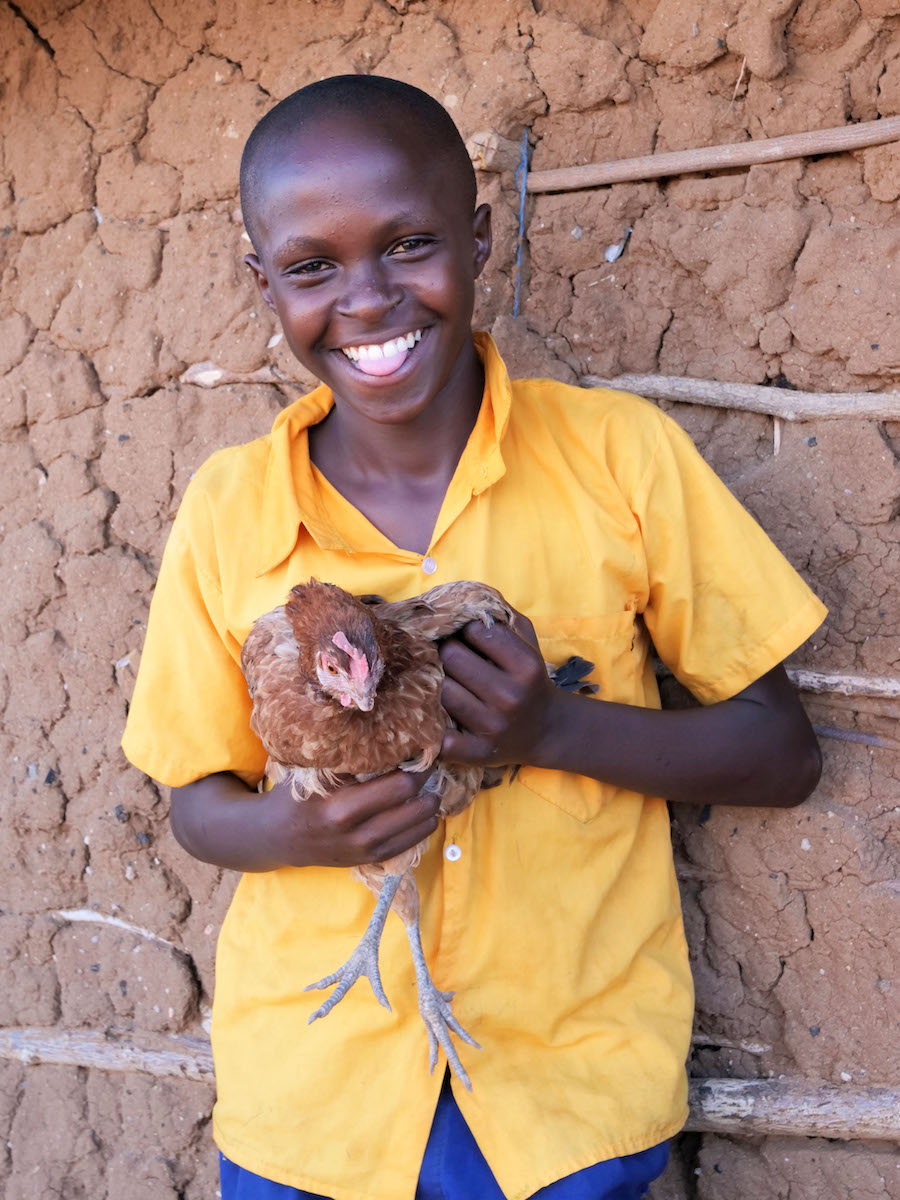
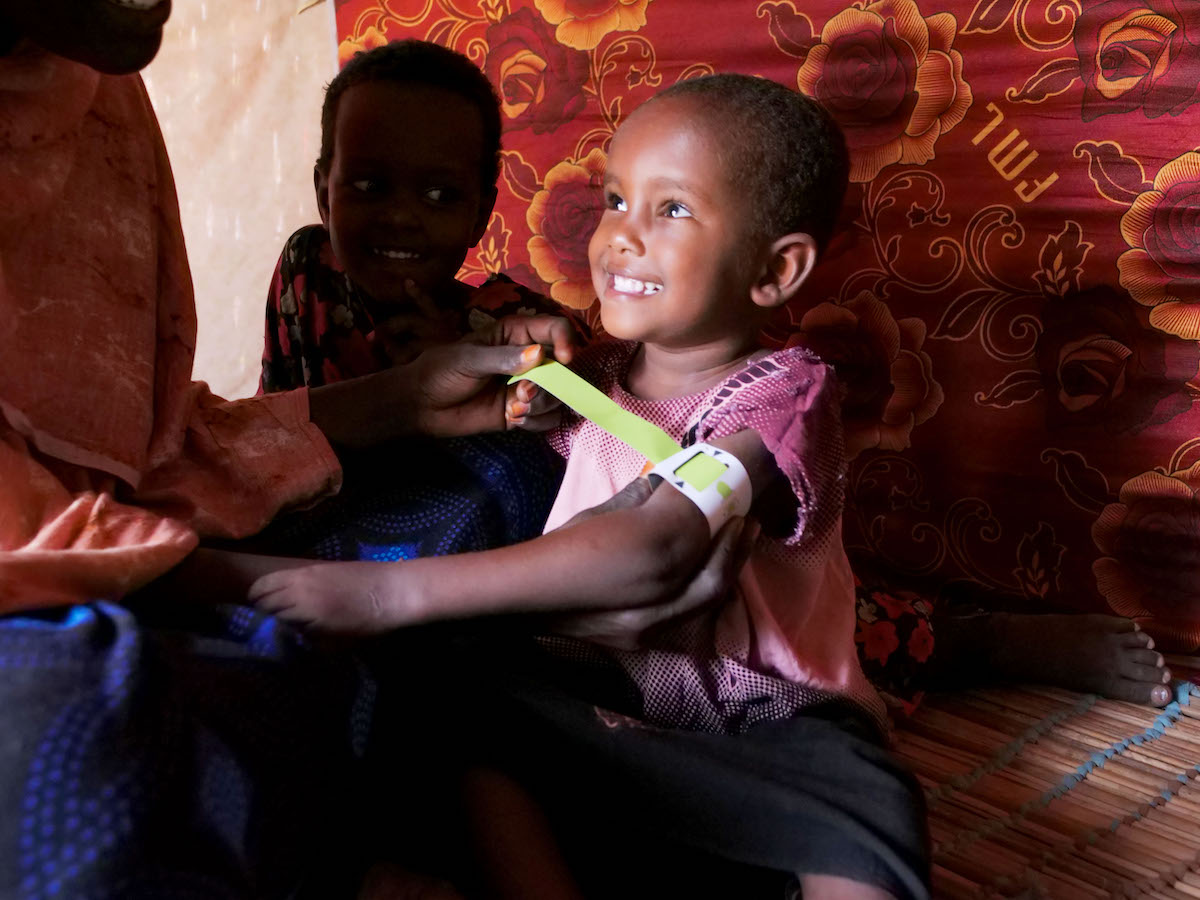
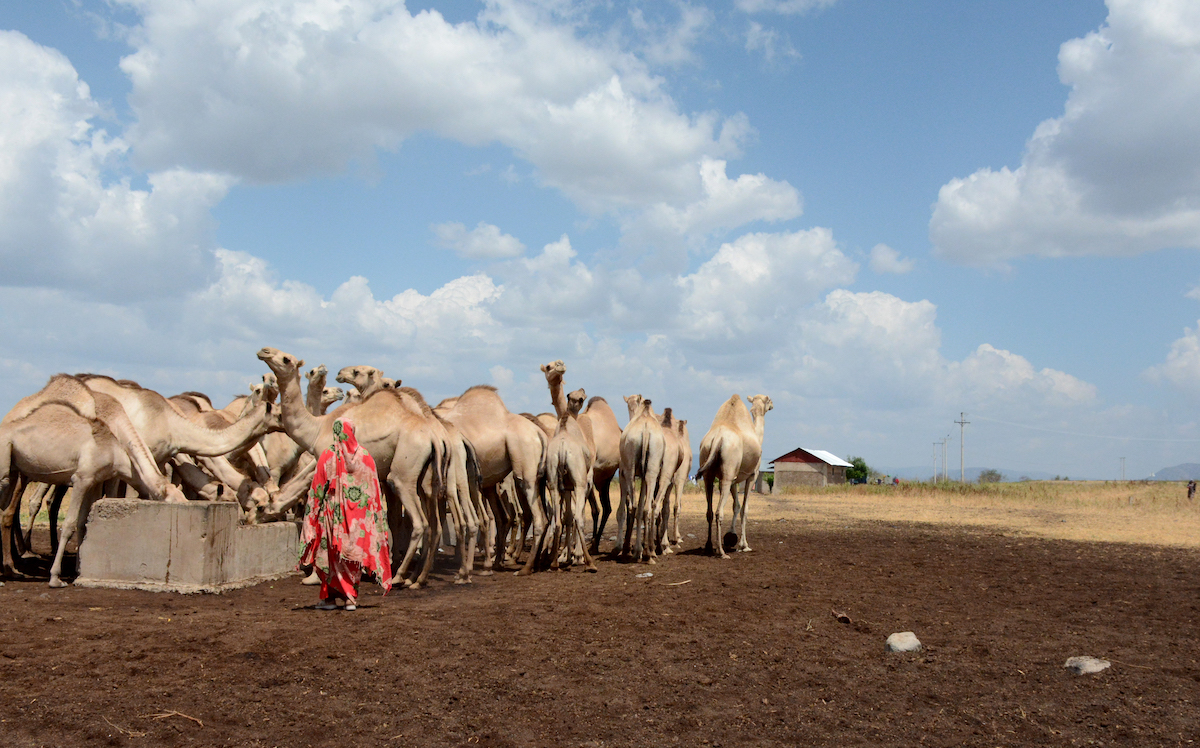
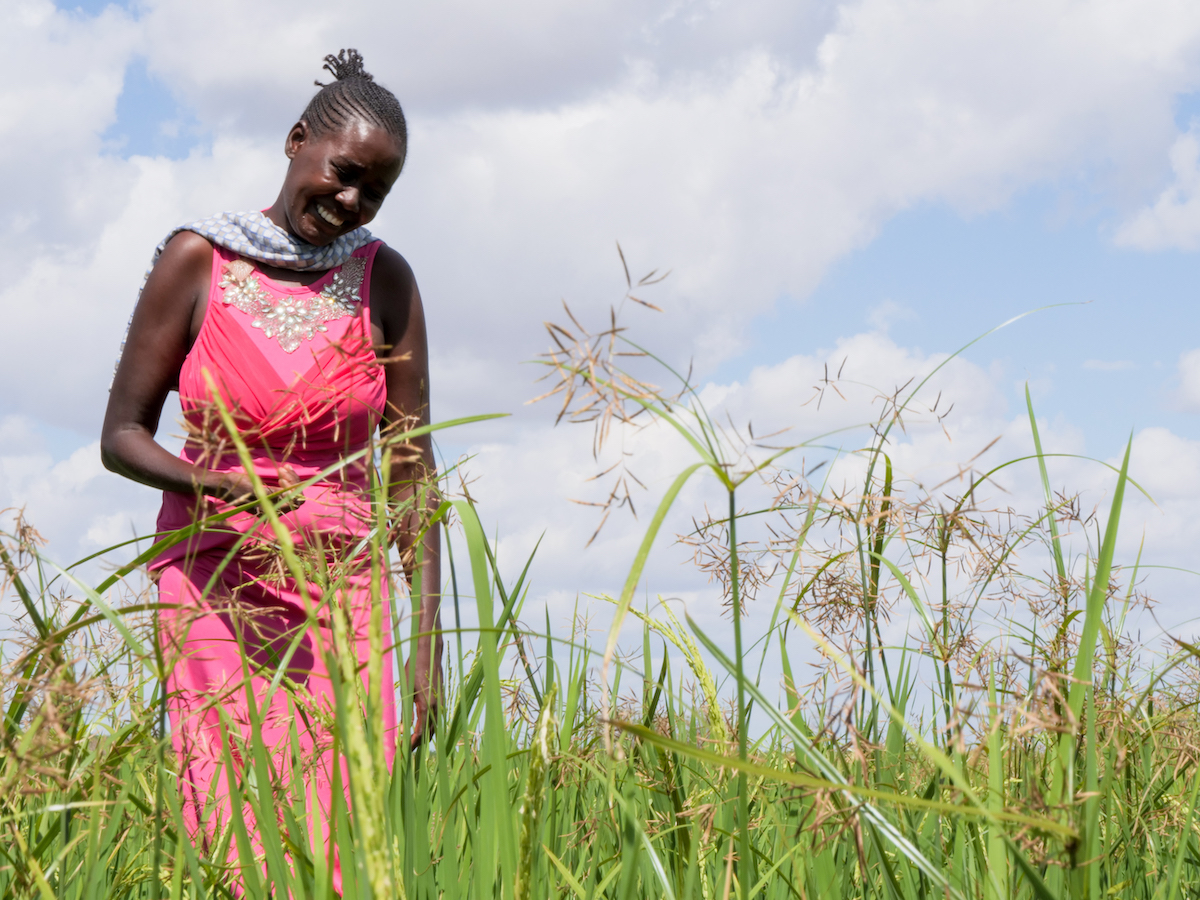
Our work in Kenya
In Kenya, we're working to strengthen resilience, respond to emergencies, and provide access to quality education.

